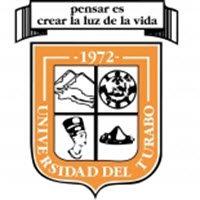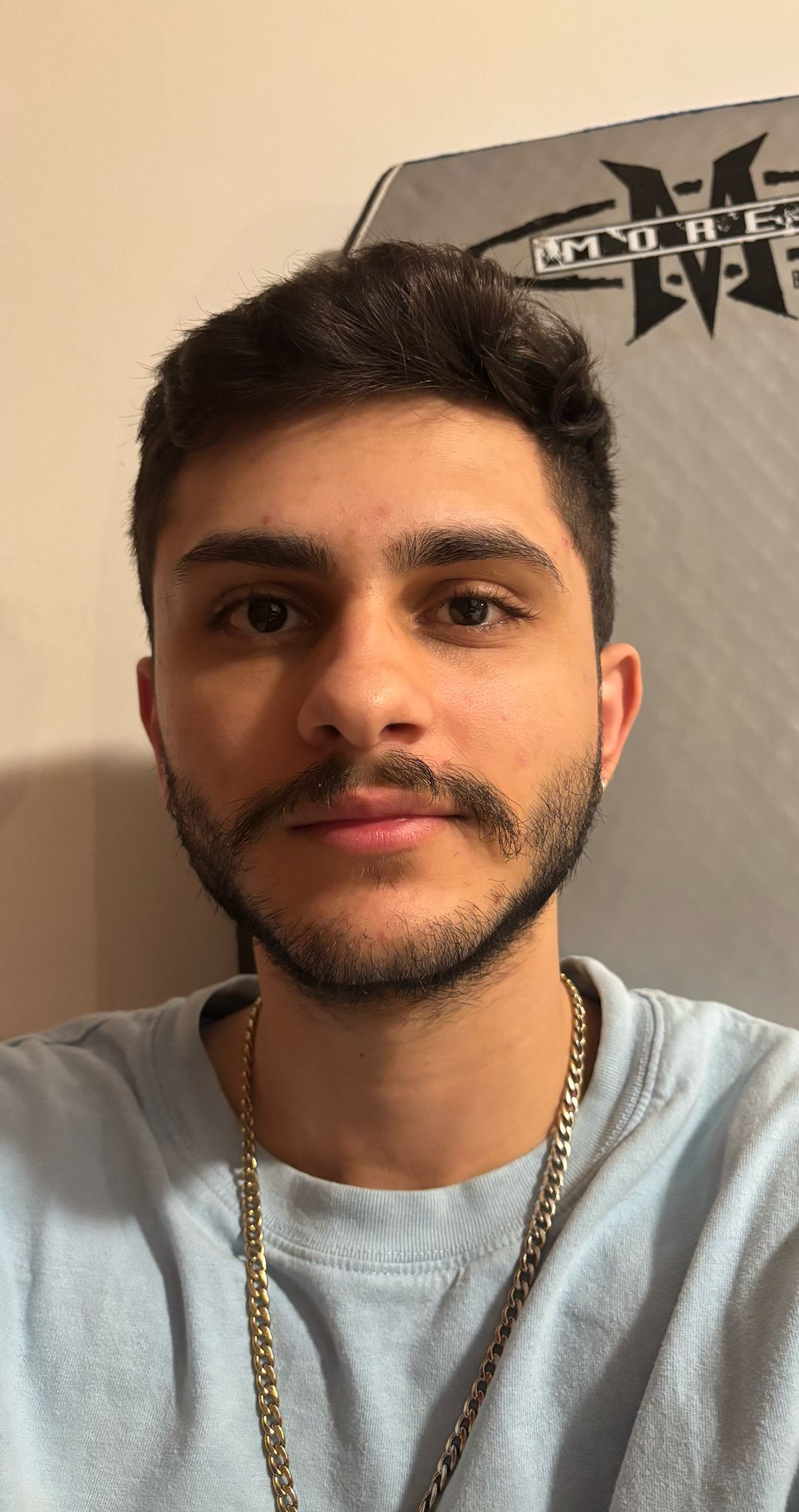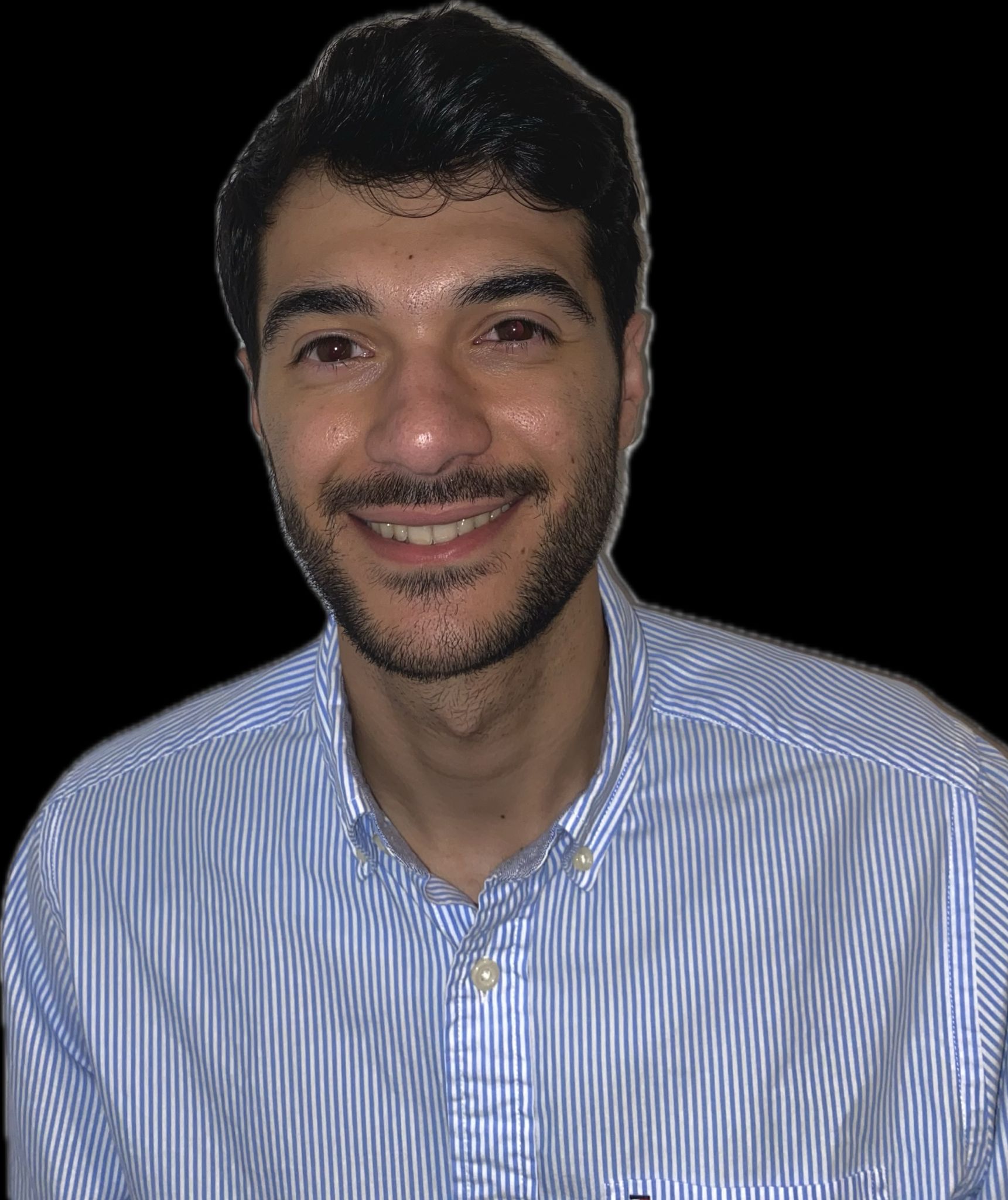Below is a summary of the abstract you submitted. Presenting author(s) is shown in bold.
If any changes need to be made, you can modify the abstract or change the authors.
You can also download a .docx version of this abstract.
If there are any problems, please email Dan at dar78@pitt.edu and he'll take care of them!
This abstract was last modified on April 1, 2025 at 8 a.m..

The SEA-PHAGES (Science Education Alliance-Phage Hunters Advancing Genomics and Evolutionary Science) program aims to involve undergraduate students in hands-on experiences to increase their interest in research. It offers undergraduates the chance to isolate and characterize bacteriophages, and to learn complex tools to annotate their genomes. Through comparative genomics and bioinformatics, students gain insights into the complexity of viral genomes while contributing to scientific knowledge. In this investigation, we explored the relatively new use of bacteriophages as model systems to study viral diversity and genome organization, which helps us to dilucidate evolutionary patterns and processes. Our group isolated seven Microbacterium foliorum SEA B-24224 phages from enriched soil samples collected at different municipalities in Puerto Rico (i.e. Gurabo, Caguas, Juncos, Las Piedras, and Humacao). Samples were processed and after at least 3 rounds of purification, phage particles were amplified through webbed plates. Once we got high-titer lysates of the purified bacteriophages, DNA was extracted. Phages Anilorac and Tongui were selected for sequencing at the University of Pittsburgh, in an Illumina Next Seq 1000 and we are currently in the process of annotating their genomes. Tongui belongs to cluster EF, possesses a lytic replication cycle, has a genome size of 56212 bp and a GC content of 64.0%, and has preliminarily 83 genes. Its entire genome is transcribed in the forward direction. Anilorac (cluster EA1), also possesses a lytic replication cycle and contains 63 genes. Its genome size is 41753 bp with a GC content of 63.6 %. Half of its genome is transcribed in the forward direction (structural genes) and the other half in the reverse direction (non-structural genes). As the annotation of both genomes continues, these findings will enhance our understanding of bacteriophage-host interactions, gene function, and evolutionary mechanisms, reinforcing the significance of bacteriophages as model systems in genomic research.


